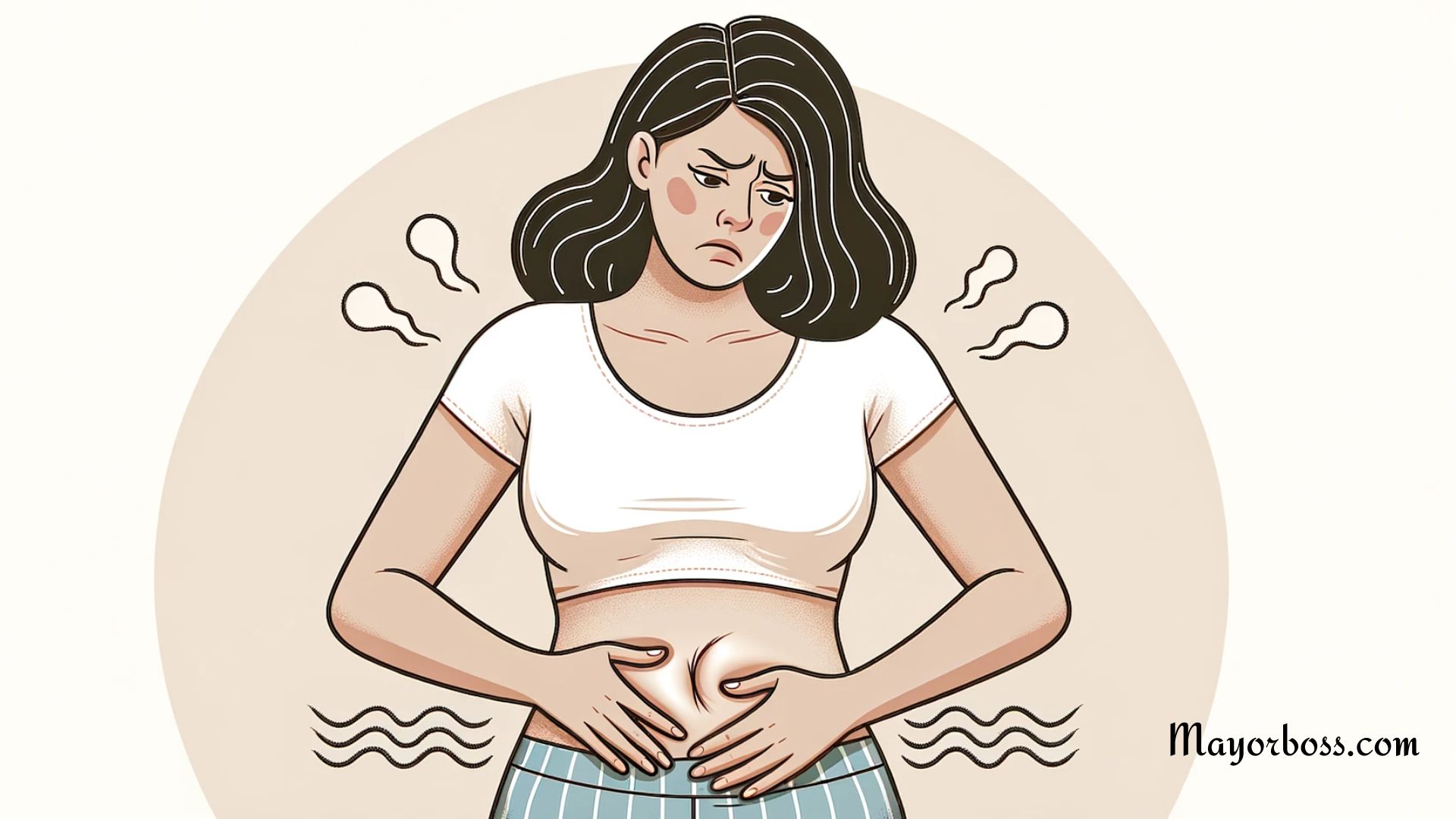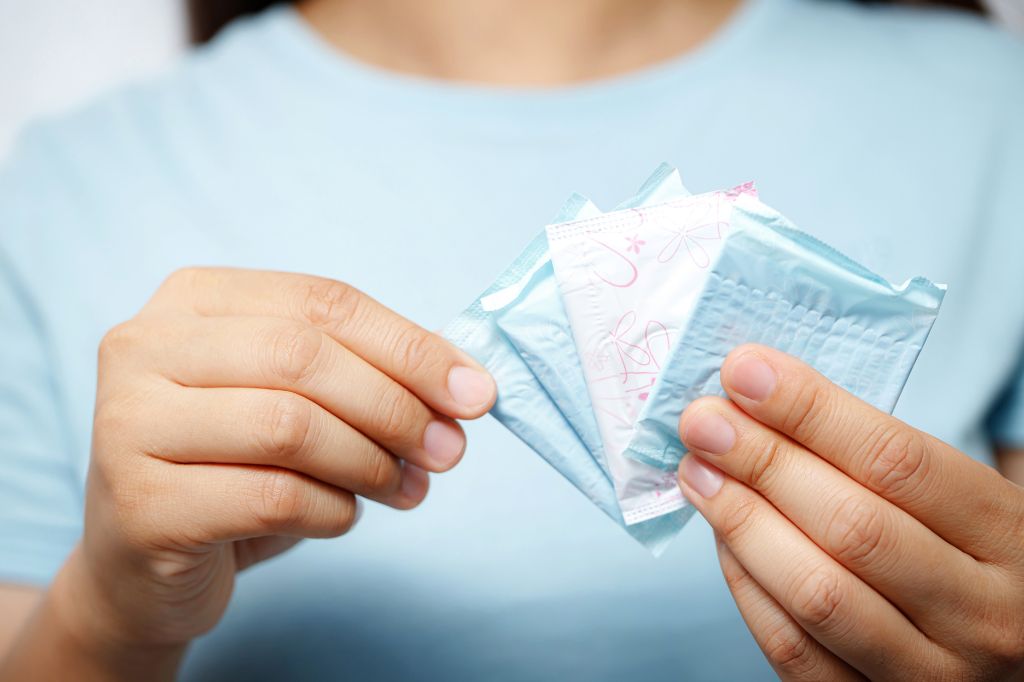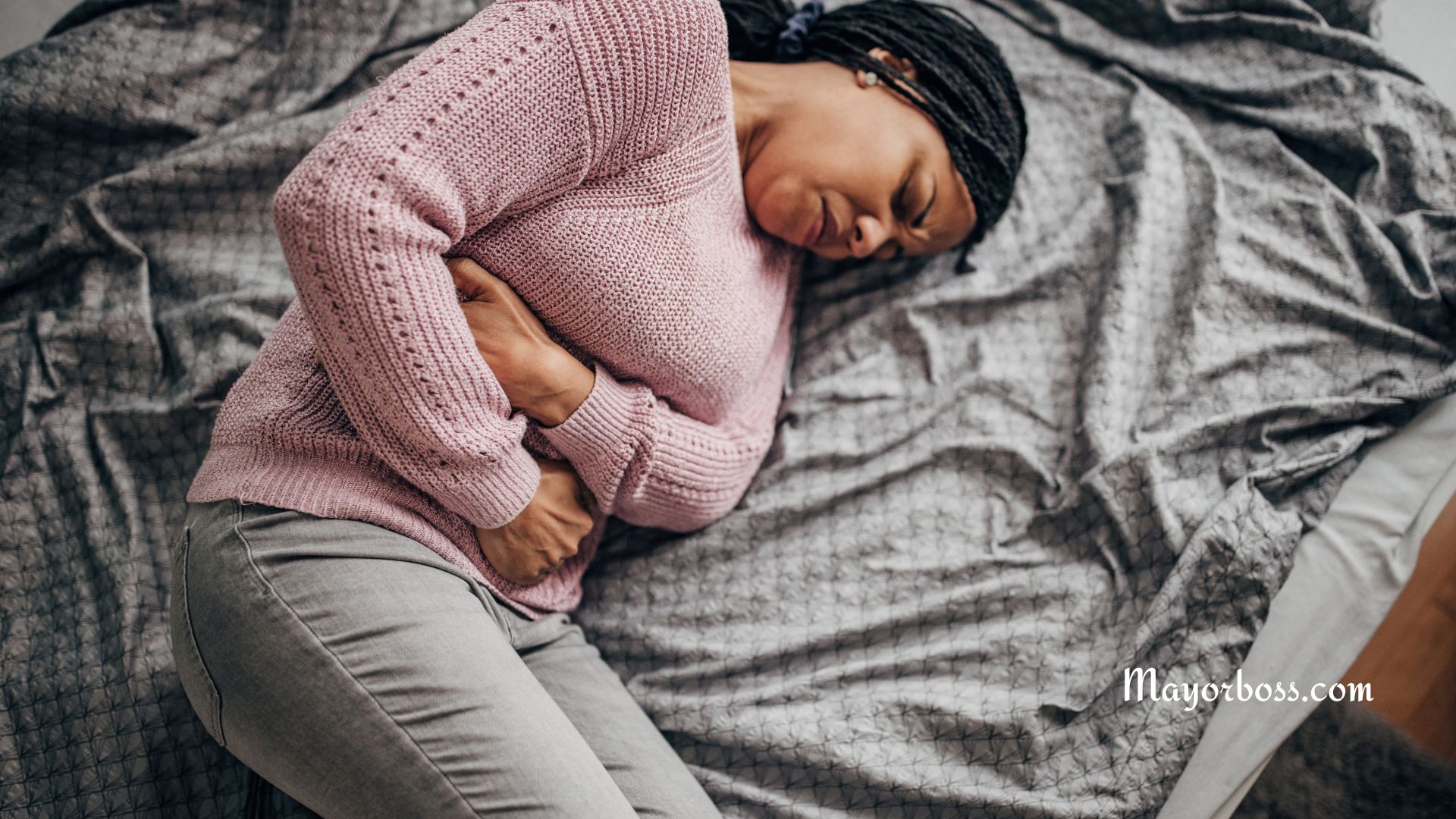What is Early Menopause?
What is Early Menopause?
Most women experience menopause between the ages of 45 and 55. But for some women, menopause comes much sooner. If you’re periods stop before the age of 45, you may be experiencing what’s known as early menopause.
Early menopause can be defined as the occurrence of menopause before the age of 40 years. It is also known as premature menopause or premature ovarian failure (POF).
Causes of Early Menopause
Many different factors can contribute to early menopause. One common cause is genetics. If your mother or grandmother went through early menopause, you might be more likely to experience it yourself. Other potential causes include:
- Smoking cigarettes
- Having certain medical conditions, such as autoimmune disorders or cancer
- Undergoing treatment for cancer, such as radiation therapy or chemotherapy
- Having had your ovaries removed surgically (oophorectomy)
- Taking certain medications, such as antidepressants or antipsychotics
Symptoms of Early Menopause
The symptoms of early menopause are similar to those experienced during regular menopause. They can include
- Hot flashes
- Night sweats
- Sleep problems
- Mood swings
- Vaginal dryness
- Pain during sex
- Reduced sex drive (libido)
If you’re experiencing any combination of the symptoms listed above, it’s best to see your doctor to rule out any other possible causes. They may also recommend tests to confirm whether or not you’re in early menopause.

How is early menopause diagnosed?
Early menopause is typically diagnosed based on symptoms and a physical exam. Your doctor may also order blood tests to check your levels of follicle-stimulating hormone (FSH) and estrogen.
Consequences of Early Menopause
The main consequence of early menopause is impaired fertility. Other consequences include an increased risk of osteoporosis, cardiovascular disease, and cognitive decline. Women who experience early menopause are also at a higher risk for depression and anxiety
Treatments for Early Menopause
The best course of treatment will depend on your individual medical history and health needs. Some common treatment options for early menopause include:
- Hormone therapy. Replacing the hormones estrogen and progesterone can help relieve some of the most common symptoms of menopause, such as hot flashes, night sweats, sleep disturbances, fatigue, mood swings, and vaginal dryness/pain during intercourse.
- Antidepressants and anti-anxiety medications: If you are struggling with depression or anxiety as a result of early menopause symptoms, your doctor may prescribe antidepressants or anti-anxiety medications to help stabilize your mood.
- Alternative therapies: These therapies are effective in managing symptoms of early menopause, including acupuncture, mindfulness meditation, herbal supplements, and yoga.
How does early menopause affect fertility?
Early menopause can affect fertility because it means that a woman’s egg supply is running low sooner than usual. This can make it more difficult to get pregnant and may require fertility treatments in order to conceive.
Is there anything I can do to prevent early menopause?
There is no guaranteed way to prevent early menopause. However, certain lifestyle changes may help lessen the severity of symptoms, such as eating a healthy diet and getting regular exercise. Also, quitting smoking and managing stress can help reduce your risk of experiencing early menopause. Speak with your doctor to see if these lifestyle changes are right for you.
Conclusion
If you’re experiencing ANY of the above symptoms, please see your doctor—early diagnosis and treatment are crucial when it comes to managing the symptoms of early menopause. Remember, you are not alone. Approximately 1% of women under the age of 40 experience early menopause. So you are not the only one dealing with this. There are many support groups and resources available to assist you on this journey.






